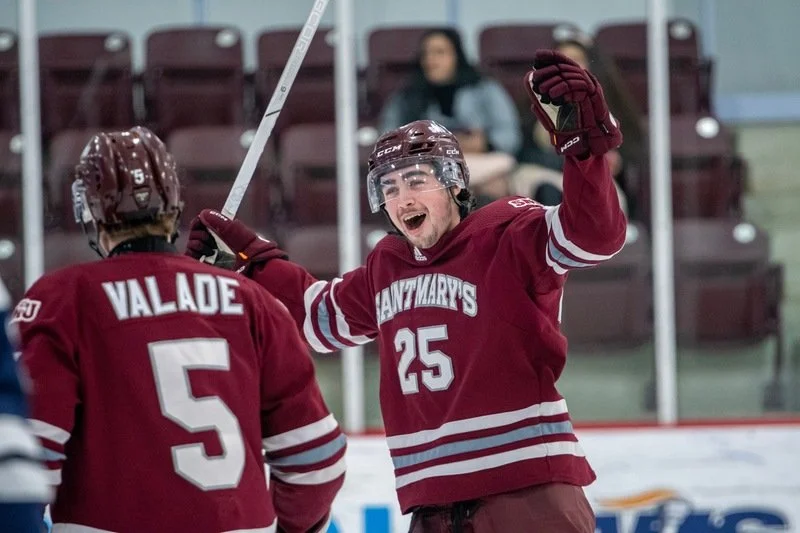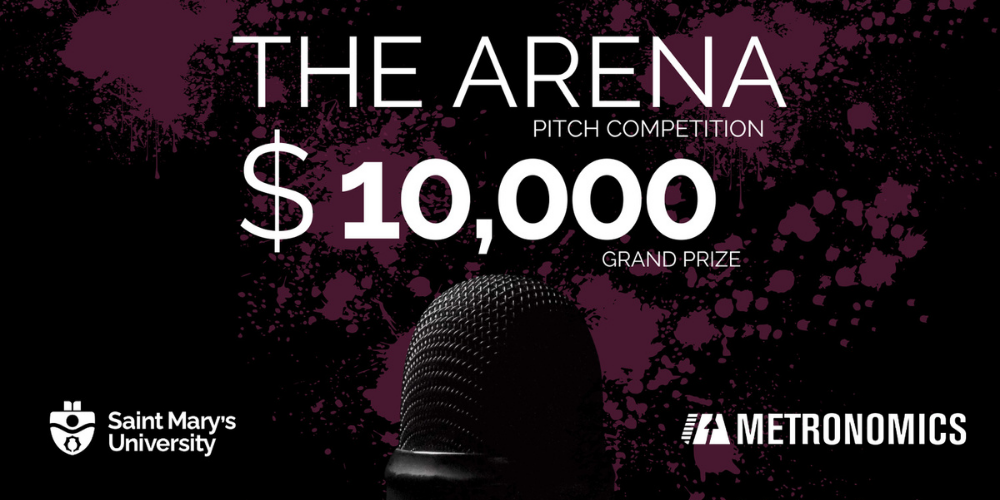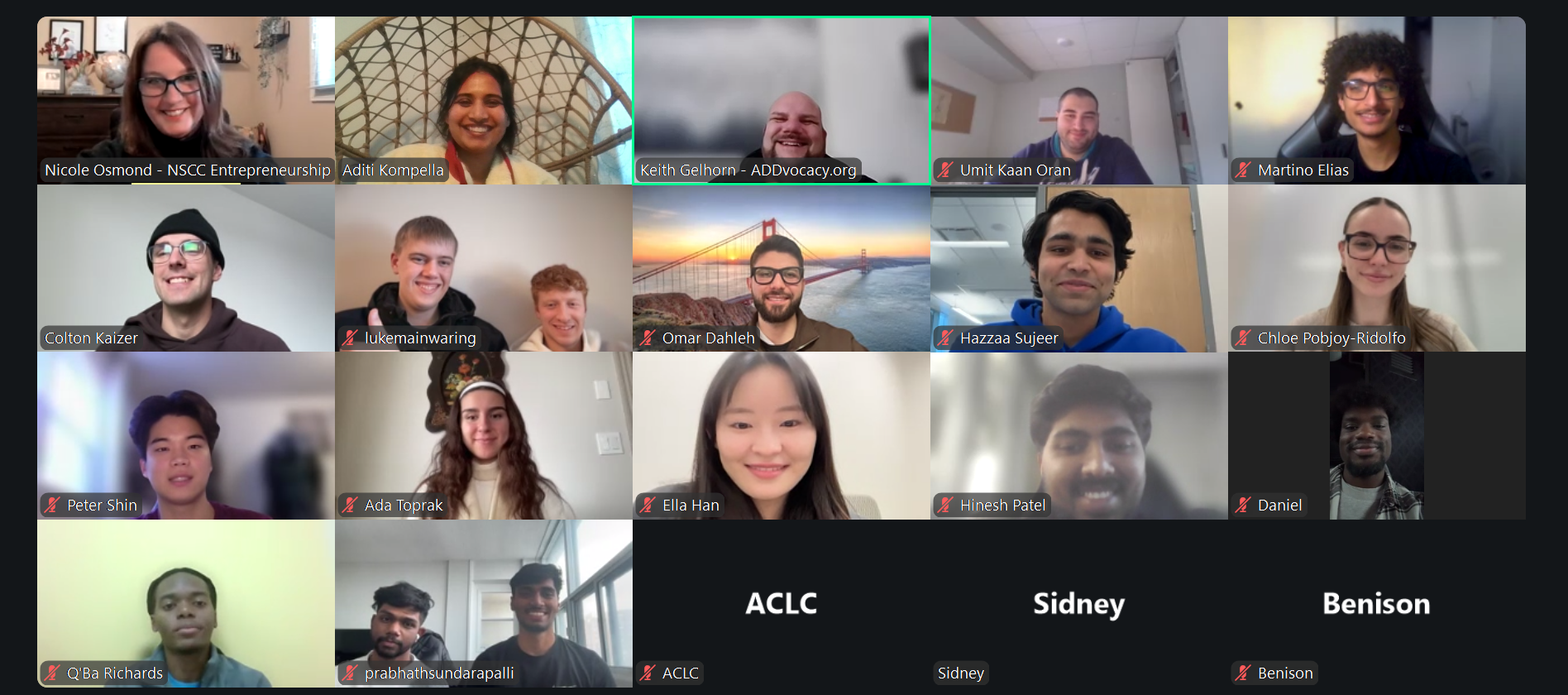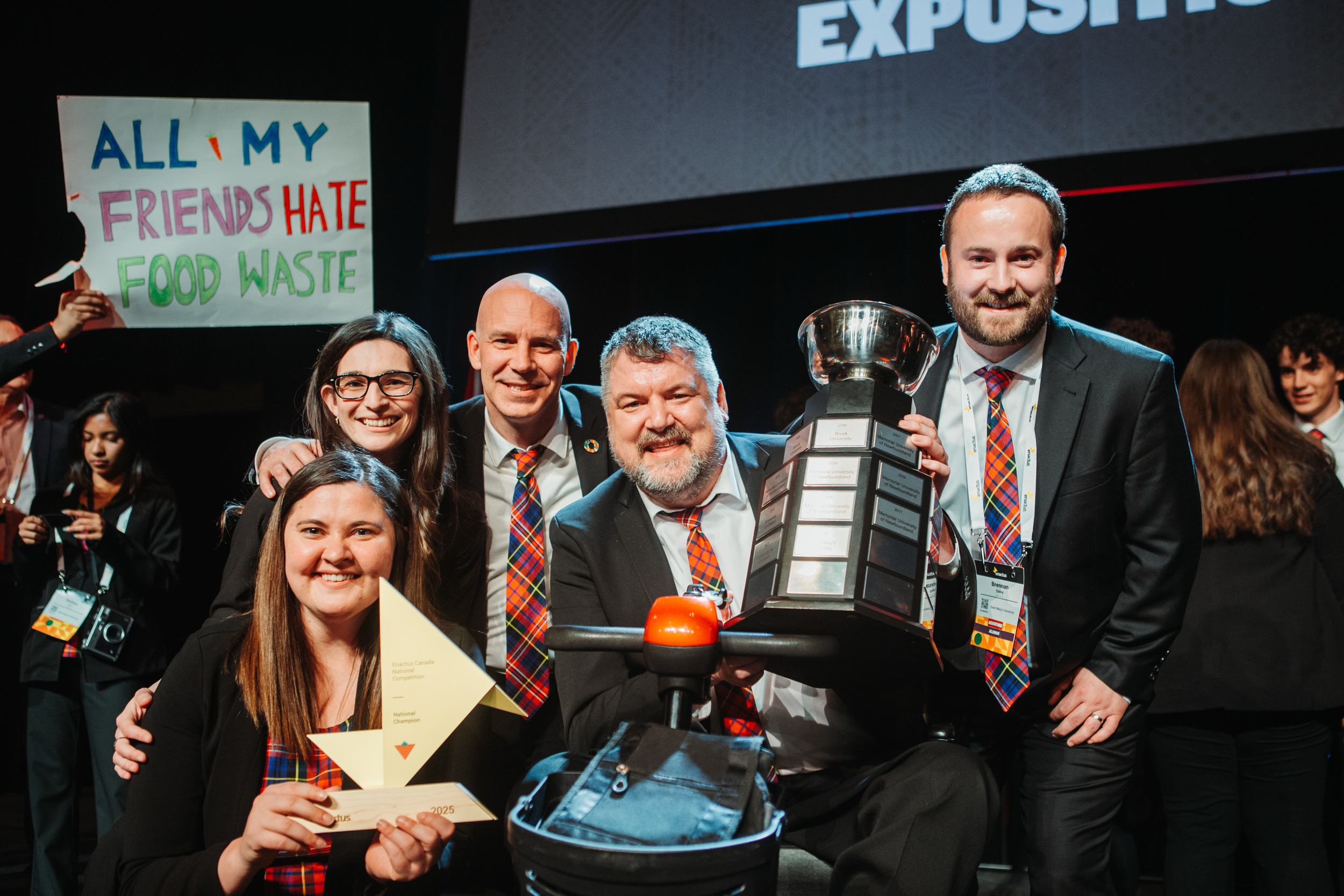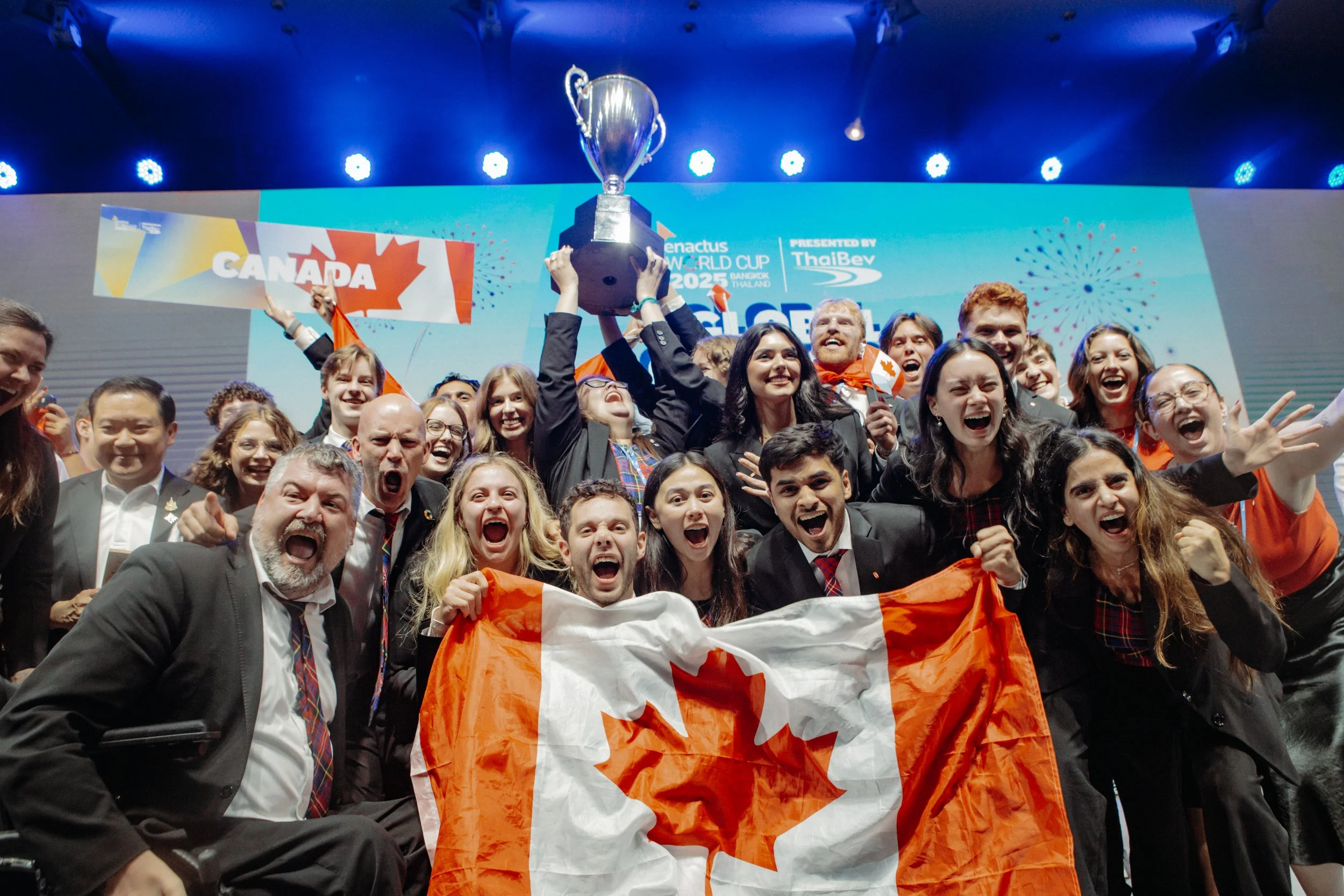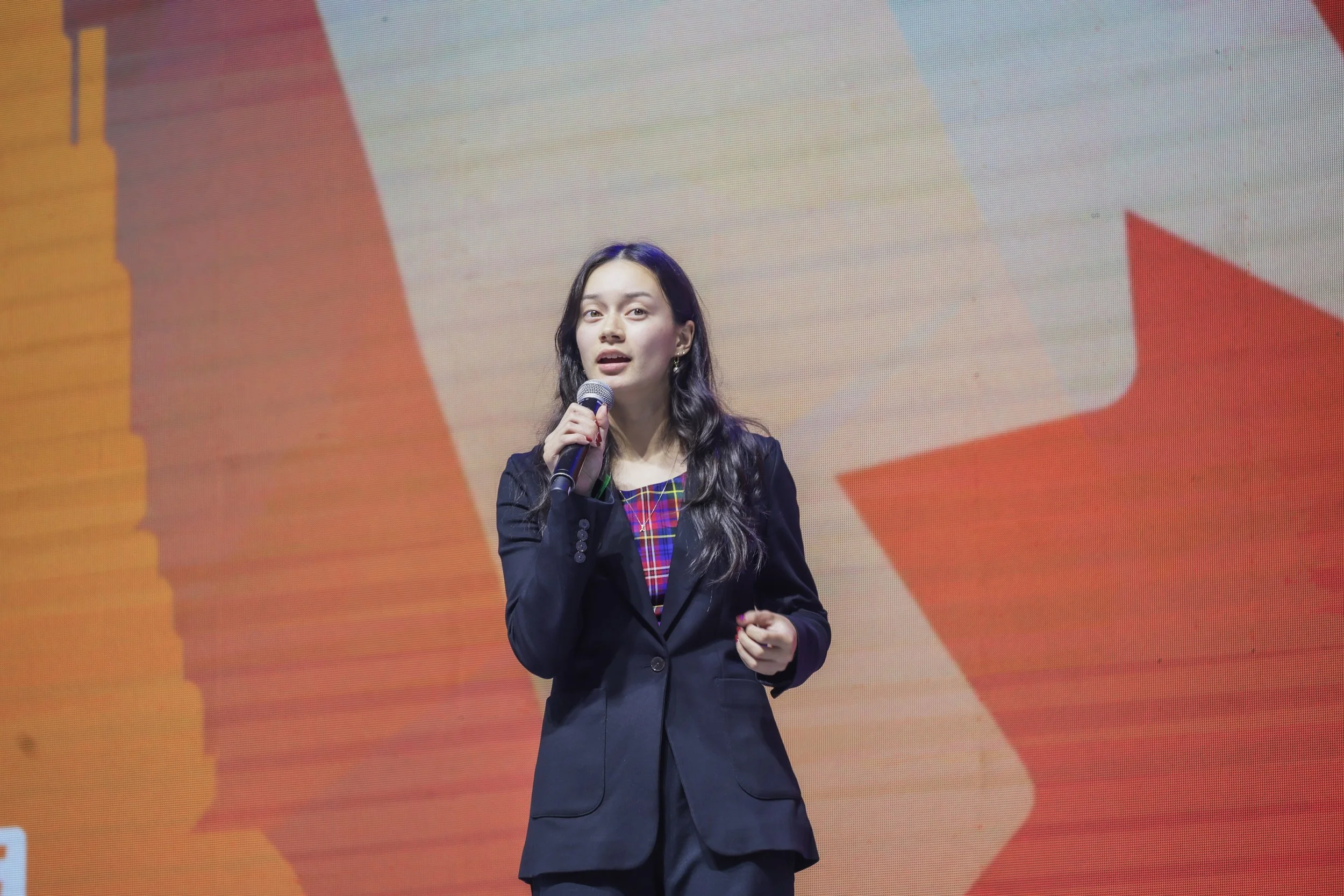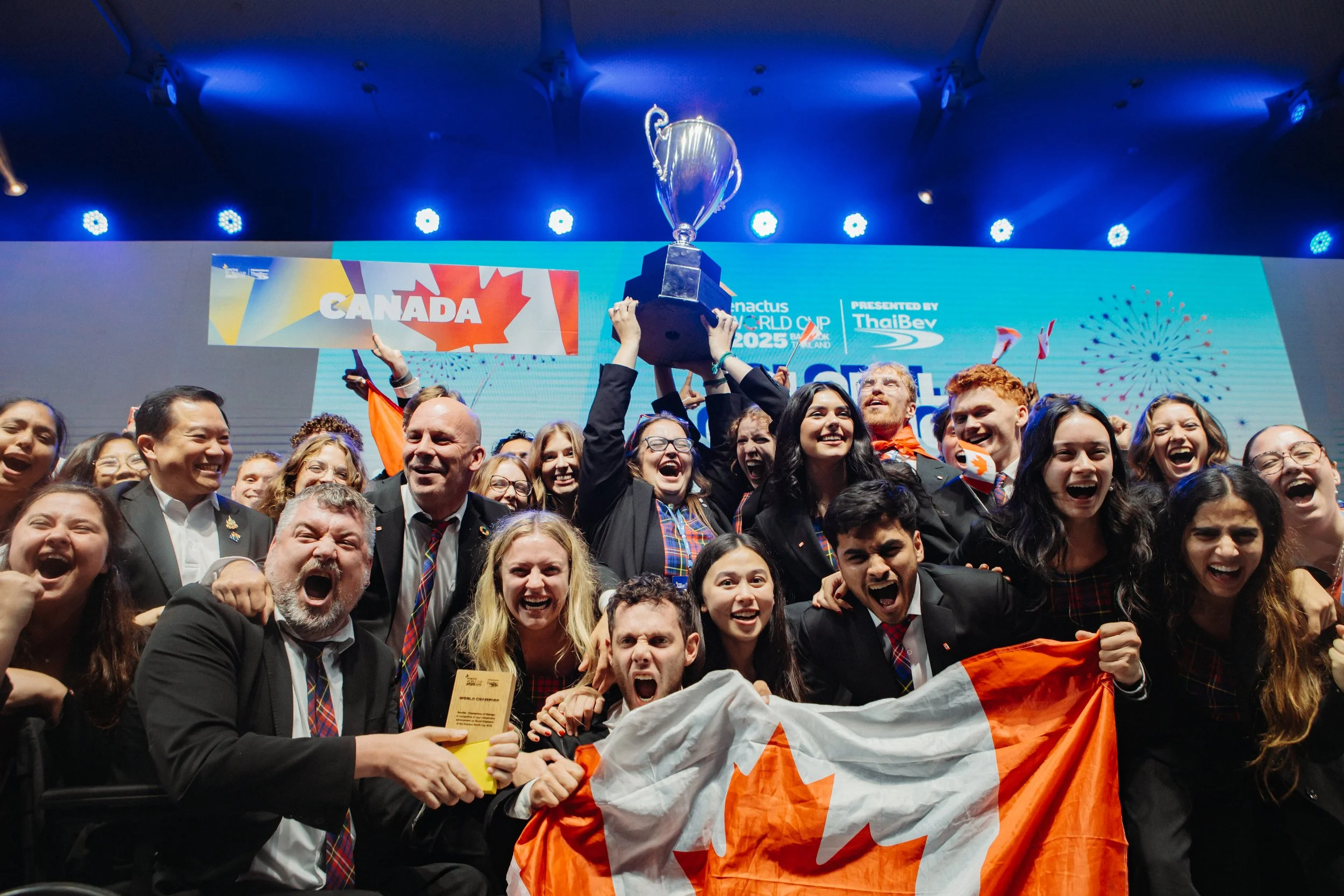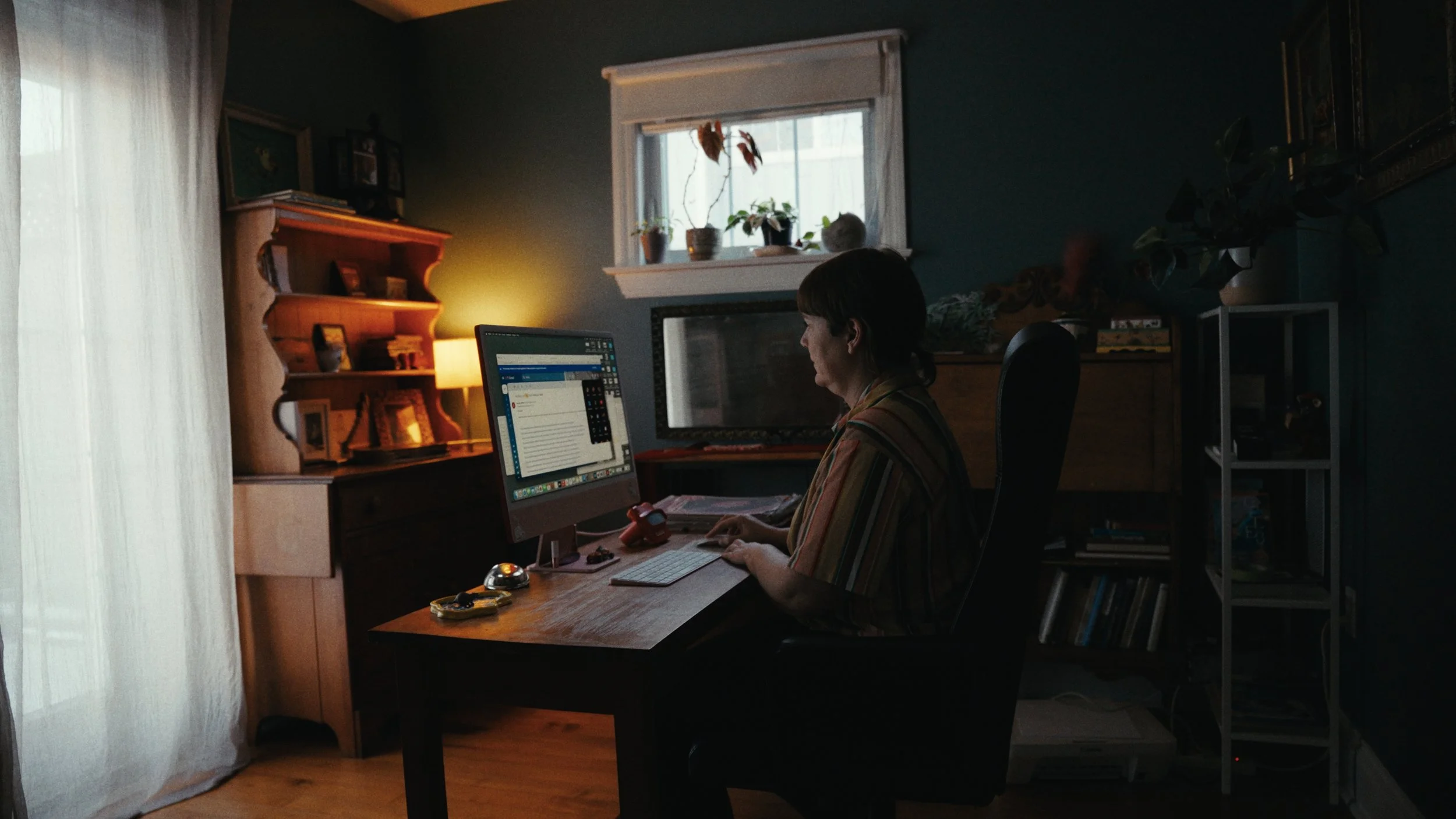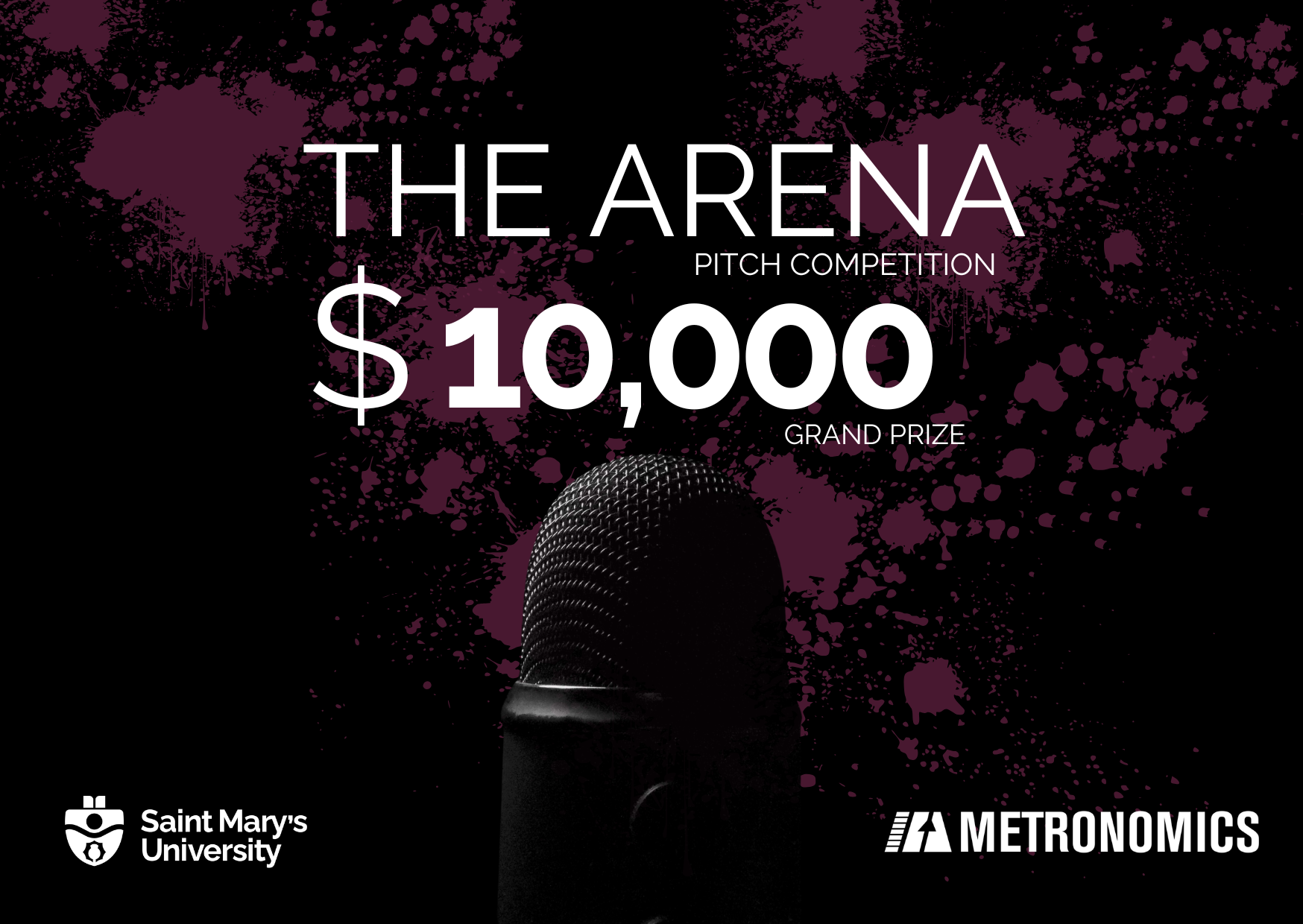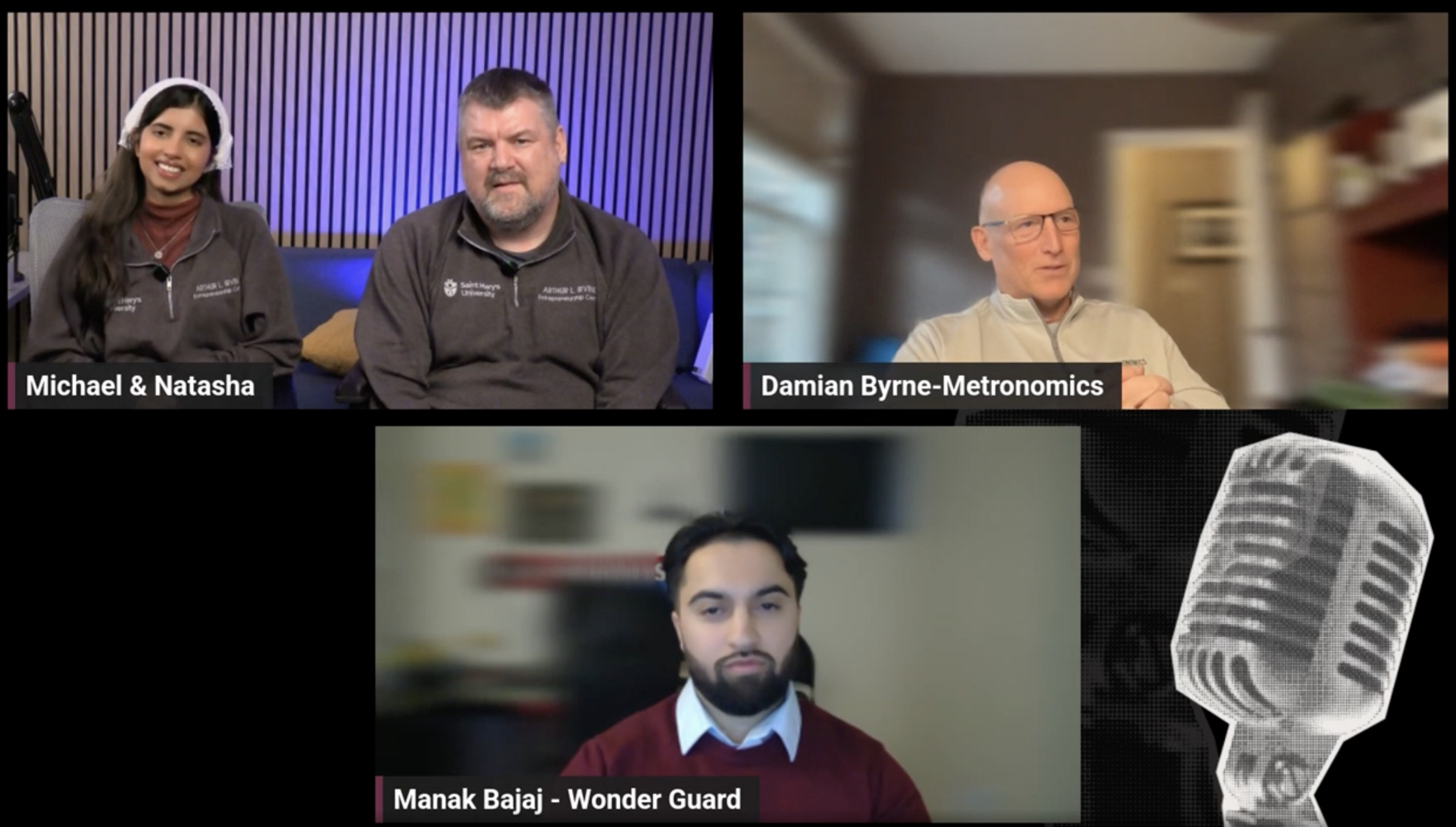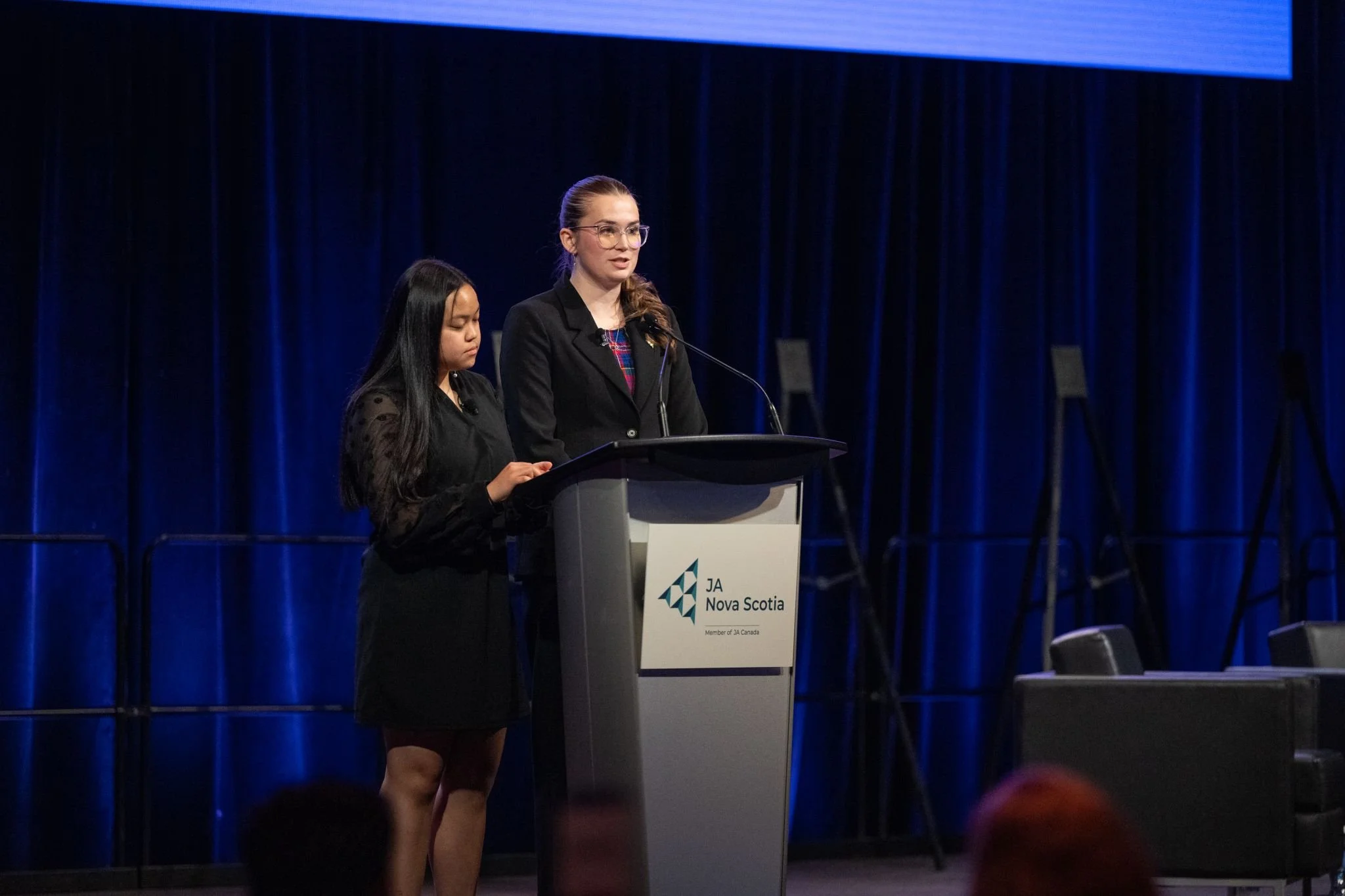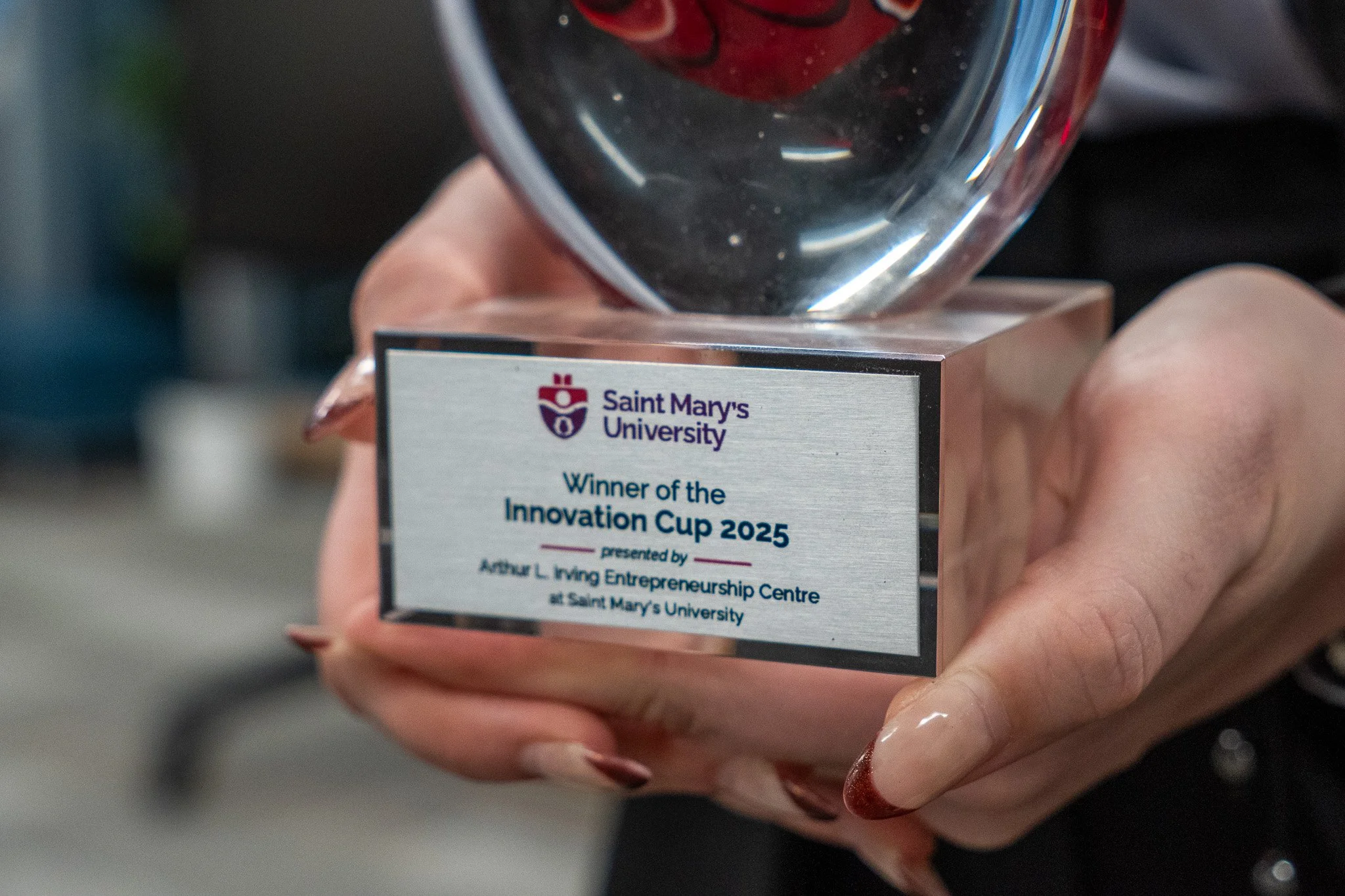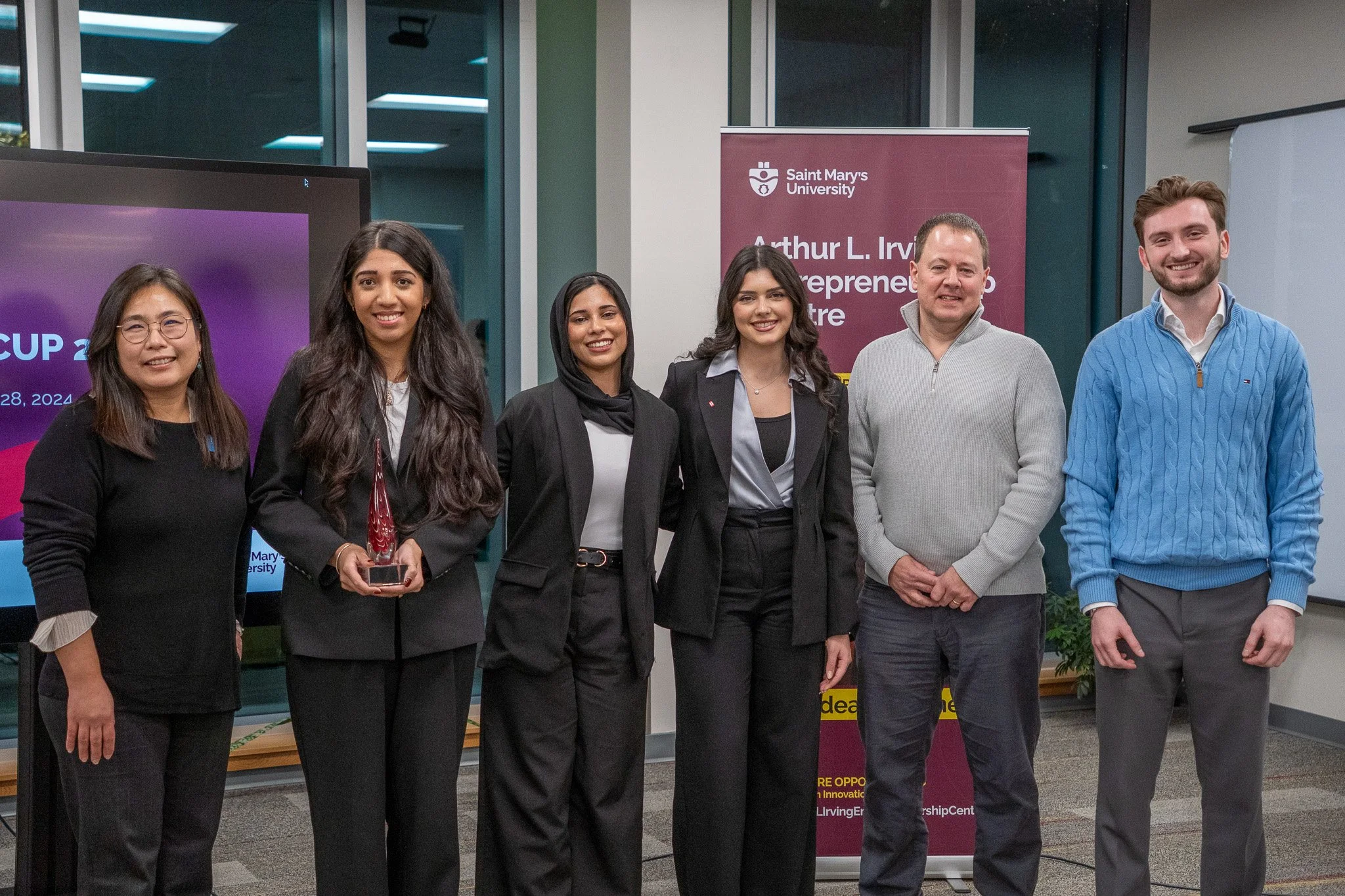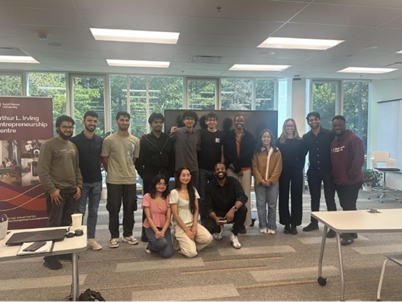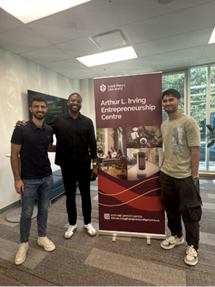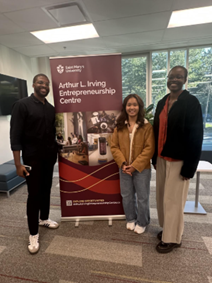The Arthur L. Irving Entrepreneurship Centre is set to welcome 64 ambitious students from across the country to The Arena, where they will compete for a total of $17,000 in prize funding. Inspired by the high-energy, bracket-style format of March Madness, this head-to-head pitch competition challenges students to present their ventures to panels of experienced judges in a fast-paced, knockout-style tournament.
Now in its sixth year, The Arena has built a strong national profile, drawing applications from 41 post-secondary institutions across Canada. Participating schools include McMaster University, University of Waterloo, University of Calgary and institutions throughout Atlantic Canada.
“The Arena brings unmatched energy to student entrepreneurship,” says Michael Sanderson, Director of the Arthur L. Irving Entrepreneurship Centre. “It’s a powerful platform for emerging founders to refine their ideas, gain real-time feedback from industry leaders and compete for prize money to accelerate their ventures.”
This year, four Saint Mary’s University students from the Sobey School of Business will compete in The Arena: Simone Boudreau, founder of CycleStrong; Ramon Stultz, founder of MazeMonk; Philip Bou Khalil, founder of Helprr; and Conrad Scotchburn, founder of Blyyss.
The national champion will take home the $10,000 prize. The runner-up will receive $5,000, and third- and fourth-place finalists will each earn $1,000. The Arthur L. Irving Entrepreneurship Centre gratefully acknowledges Metronomics as The Arena’s prize sponsor. Founded by Saint Mary’s University alumna Shannon Byrne Susko BComm’89 BSc’92, Metronomics reflects a legacy of entrepreneurial leadership and innovation.
The 2026 competition runs entirely online from March 3 to April 2 and unfolds over six rounds:
Round One: March 3–12
Round Two: March 16–19
Round Three: March 23–24
Quarter Finals: March 27
Semi Finals: March 31
Finals: April 2
Members of the Saint Mary’s University community and supporters from across Canada are encouraged to follow us on Facebook, YouTube and LinkedIn to receive notifications when we go live!
Visit here for details on all 64 competitors and the dates and times for each round of competition.

